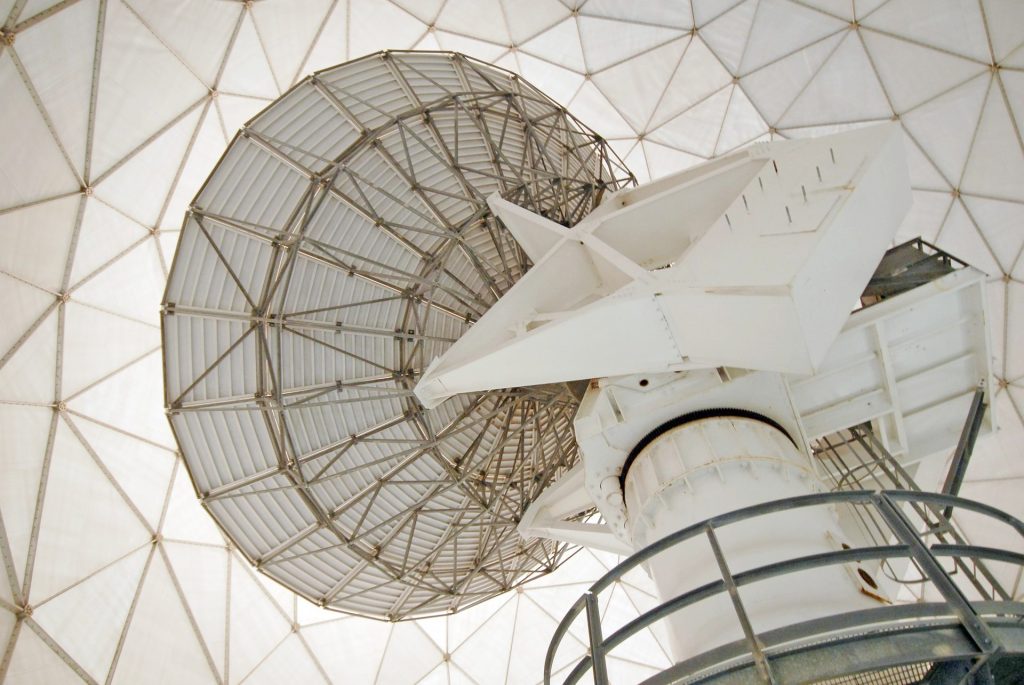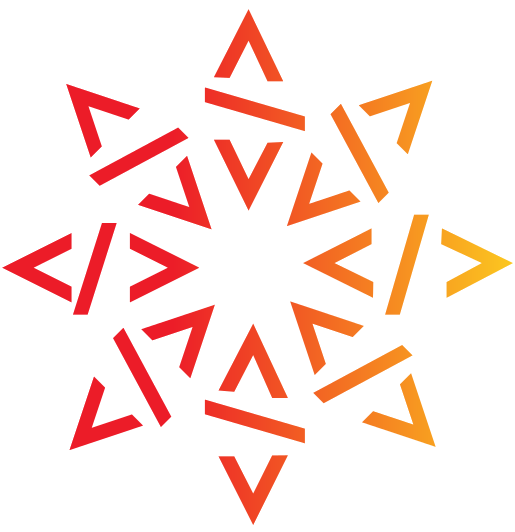The OSPO-RADAR Project: Making research software easier to find and use

By Morane Gruenpeter, Head of Open Science
Universities and labs generate a lot of code, but it’s often hard to find and access. Software Heritage’s latest initiative, OSPO-RADAR, seeks to address this challenge by creating a platform that maps, reveals, and makes research code more accessible.
An Alfred P. Sloan Foundation grant is making the two-year project possible. This project, full name: Open Source Program Office Research Assets Dashboard and Archival Resource, focuses on developing a platform that supports Open Source Program Offices (OSPOs) at research institutions. The aim is to improve how research software is managed, archived, and showcased, working to raise the profile of research software so it’s seen as a key part of research.
“Open-source software development is an essential piece of the science ecosystem that drives and sustains scientific discovery,” said Joshua M. Greenberg, Program Director, Sloan Foundation. “Software Heritage’s OSPO-RADAR project will make visible that influence by giving research institutions a set of tools to better manage, document, and share their open-source work.”
Scanning the landscape: OSPO challenges and solutions
OSPOs play a critical role in facilitating open-source software development and adoption in academic and research environments. However, they often face challenges in effectively managing and showcasing their institution’s software contributions.
OSPO-RADAR has three core objectives:
Develop an institutional portal
- This portal will be built on the foundation of Software Heritage archive integration.
- Create a «Software Assets Dashboard» service, an institutional portal designed to provide OSPOs with improved metadata management capabilities.
- Offer streamlined workflows for OSPOs, simplifying the processes of archiving, managing, and documenting software assets.
- Potentially increase institutional visibility, allowing organizations to showcase their open-source software contributions to a wider audience.
Build on the CodeMeta standard
CodeMeta enhances research software descriptions via semantic metadata. It offers tools like a schema.org vocabulary and interoperability crosswalks. Software Heritage provides the CodeMeta generator for easy metadata integration.
- Adapt the CodeMeta standard to address the specific requirements of OSPOs, with ongoing development and maintenance of the CodeMeta generator.
Establish a dedicated Open Science helpdesk
- Provide training materials, resources, and community engagement events to help OSPOs use the portal and its features.

Pinpointing impact
The OSPO-RADAR project has the potential to impact the research community by:
- Elevating research software: By providing tools for managing and showcasing research software, the project will contribute to its recognition as a first-class research output.
- Promoting evidence-based development: The project’s emphasis on metadata management and institutional visibility will enable an evidence-based approach to software development, fostering greater transparency and reproducibility.
- Fostering a sustainable ecosystem: By supporting OSPOs, the project will contribute to a more sustainable ecosystem for open-source software management within research institutions.
Get involved
Software Heritage is collaborating with the CURIOSS network, a community for university and research institution OSPOs. Additionally, we’re actively seeking academic OSPOs to join us and contribute through the Archives and Libraries Interest Group Members (ALIG) membership. If your organization has an OSPO and you’re interested in helping us make research software more accessible, we’d love to hear from you.
To learn more and stay involved, keep an eye on the Software Heritage blog and our GitLab for updates and opportunities to contribute.
Software Heritage’s involvement in this Sloan Foundation-funded project aligns with our mission to preserve and make accessible the source code of all software. By integrating with the institutional portal, we aim to ensure that research software is not only preserved but also discoverable and reusable.
About the Author
Morane Gruenpeter, Head of Open Science, is the Co-Principal Investigator of the OSPO-RADAR Project with Software Heritage co-founder Roberto Di Cosmo. She joined the Software Heritage team in 2017 while finishing a Master’s degree in Computer Science at the University Pierre et Marie Curie. As part of Software Heritage Open Science activities, she’s the main contact for the SCOSS fundraising campaign and Open Science partnerships, managing various collaborations with organizations such as the CCSD-HAL-Episciences, IPOL, eLife, Zenodo-InvenioRDM, SwMath, Dagstuhl, and others.
Morane is co-chairing several working groups and initiatives for Open Science, including the CodeMeta initiative, the EOSC Opportunity Area OA7 for Research Software, and the Research Data Alliance’s Software Source Code Interest Group, and is an active member of the SciCodes consortium. Her responsibilities span multiple Horizon Europe projects, including FAIRCORE4EOSC and FAIR-IMPACT.
